What New Types of Varietal Resistance to SCN Are Being Developed?
Dr. Eliana Monteverde provides an update on ISA checkoff-funded research focused on soybean cyst nematode resistance in Illinois.
Can Biologicals Help Protect Against Red Crown Rot?
Dr. Boris Camiletti shares progress in red crown rot research, including testing of 11 biological products in the lab and greenhouse this winter.
Red Crown Rot and Soybean Cyst Nematode: How Do They Interact?
Dr. Boris Camiletti provides an update on greenhouse experiments aimed at refining protocols for evaluating commercial products against RCR and its interaction with SCN.
The “D” Word: Dicamba Do’s and Don’ts for the 2025 Growing Season
In 2024, a court decision forced the EPA to vacate labels for over-the-top dicamba products, leaving growers navigating uncertainty. Now, as Bayer, BASF, and Syngenta await EPA decisions on new labels, Stephanie Porter’s latest blog outlines the must-know do’s and don’ts for dicamba use in the 2025 growing season.
How the EPA Herbicide Strategy Will Impact Your Farm
With the EPA’s final Herbicide Strategy issued, it’s time for farmers to prepare. Corey Lacey, Ph.D., breaks down the changes and how to register for regional Herbicide Strategy Workshops.
Study Explores Environmental Impact on Glufosinate Control of Waterhemp
Dr. Pat Tranel reports progress on sequencing glufosinate-resistant populations and plans for winter resistance analysis and growth chamber studies.
Researchers are Seeking How to Improve Control of Herbicide-Resistant Waterhemp
Waterhemp is now found in every corner of Illinois, and researchers are working to uncover its resistance to Group 15 herbicides.
Focus on Agronomy in an Economic Downturn
In her latest blog, Stephanie Porter highlights how strategic agronomic decisions can help farmers navigate rising input costs and low commodity prices.
Misconceptions of Brazil Agriculture
Dr. Joana Colussi and Dr. Giovani Preza Fontes debunk myths about Brazil's agriculture from economic and agronomic perspectives.
2025 Illinois Soybean Production Research Preview
Jennifer Jones spotlights 2025 Illinois Soybean checkoff-funded research projects, now featured on the new and improved Field Advisor platform for streamlined access to key agronomic information and project developments.

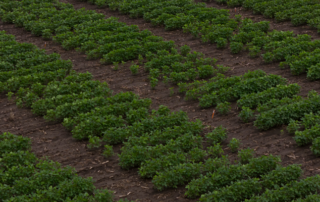
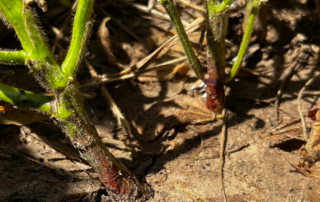
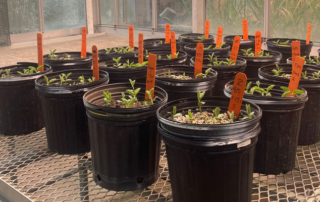
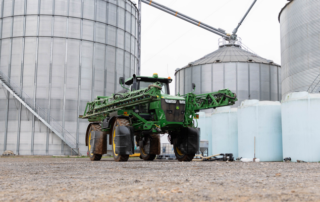
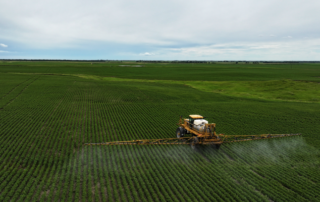
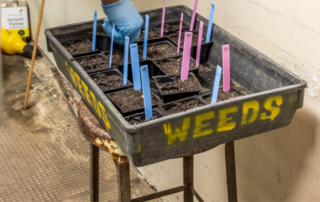
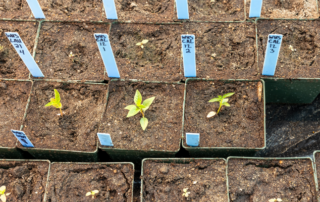
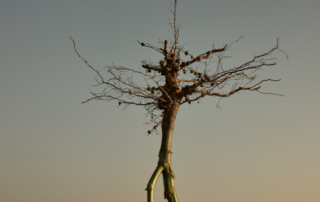
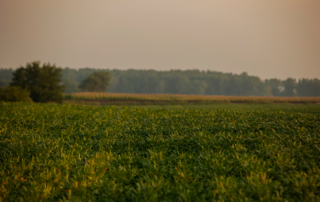


 and then
and then